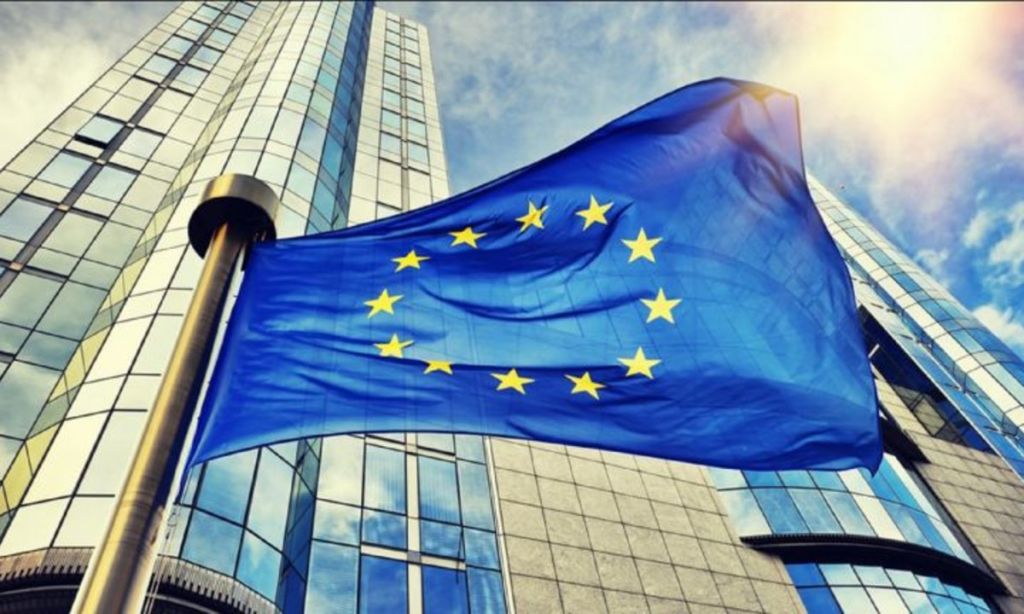
The European Commission today appointed Booking under the Digital Marketing Act (DMA) as gatekeeper to online brokerage service Booking.com, and also launched a market investigation into social network X to further determine the platform’s regulatory status.
Online advertising services X Ads and TikTok Ads do not qualify as gatekeepers, the EU has ruled.
It is noteworthy that the Commission had announced in March that Elon Musk’s X companies and ByteDance, the parent company of TikTok and Booking.com, may meet European Union standards and be subject to strict technological rules as so-called gatekeepers.
The reservation now has six months to comply with the relevant obligations under the DMA
ByteDance was designated as a gatekeeper in July last year, but TikTok has challenged this in Europe’s second-highest court.
At the same time, the Commission launched an investigation to further evaluate the situation of social media platform X (formerly Twitter). The investigation should be completed within five months.
Today’s decisions are the result of the review process conducted by the Commission after receiving updates from the three companies regarding their potential supervisory status on March 1, 2024.
Next steps for Booking
Following its appointment, Booking now has six months to comply with relevant obligations under the DMA, providing more choice and freedom for end users and fair access for business users to gatekeeper services, the commission said in a statement.
The company has six months to submit a detailed compliance report outlining how it complies with each DMA obligation. However, some of the DMA’s obligations come into force immediately, for example the obligation to inform the Commission of any intended concentration in the digital sector.
Fines
The Commission will monitor the effective implementation and compliance with these commitments. If a company appointed as a gatekeeper fails to comply with the obligations set out in the DMA, the Commission may impose fines of up to 10% of the company’s total worldwide sales, which may rise to 20% in the case of repeat violations.
DMA history
The Digital Markets Act (DMA) is one of the most stringent regulations aimed at the market dominance of large technology companies. It imposes stricter obligations on companies to moderate content, allow fair competition, and make it easier for consumers to switch between services.
It regulates gatekeepers, which are large digital platforms that provide an important gateway between business users and consumers, whose position can give them the ability to act as bottlenecks in the digital economy.
Alphabet, Amazon, Apple, ByteDance, Meta, and Microsoft, the six sentinel companies appointed by the Commission on September 6, 2023, had to fully comply with all DMA obligations by March 7, 2024. The Commission evaluated compliance reports outlining compliance. These companies’ measures and collect comments from interested parties.
On March 25, 2024, the Commission opened non-compliance investigations into Alphabet’s rules on routing in Google Play and self-preference in Google Search, and Apple’s rules on routing in the App Store and the “Pay or Approve” selection screen in Safari and Meta. Model.” The Commission announced additional investigative measures to gather evidence and information regarding Amazon’s self-promotion, alternative app distribution to Apple, and its new business model.
On April 29, 2024, The committee selected iPadOS, Apple’s operating system for tablets, acts as a gatekeeper under DMA. Apple now has six months to bring iPadOS into line with relevant DMA obligations.
source: after that

“Avid problem solver. Extreme social media junkie. Beer buff. Coffee guru. Internet geek. Travel ninja.”





More Stories
“Recycling – Changing the water heater”: the possibility of paying the financing to the institution once or partially
Libya: US General Meets Haftar Amid Tensions Between Governments
New tax exemption package and incentives for business and corporate mergers..